
The world is shifting its paradigm away from all things conventional, bringing out new ways to experience life at its best.
Farming was once a way of life, but it has fallen out of favour with modern technological interventions. Specifically, for a nation that roots its origin in agriculture, it is evident that we are far from it. However, we must ultimately find our way back.
Out of the urge to connect with nature and live a healthy lifestyle, a new trend called "hobby farming" was born.
The following article will provide a detailed tutorial on how to begin hobby farming and everything involved along the process.
.jpg)
Hobby farming is a type of farming that focuses on producing food on a small scale. It is different from commercial farming because it is not driven by profit. Instead, hobby farmers grow crops and raise livestock as a hobby and for personal consumption.
Hobby farming can be done on any size of land, from a small backyard garden to a few acres of farmland.
One of the most appealing aspects of hobby farming is the ability to control the quality of the produce. This means that the food produced on a hobby farm is often healthier and more nutritious than in supermarkets.
Hobby farming can also be a great way to reduce your carbon footprint. By growing your food, you are reducing the amount of energy required to transport produce from farm to table.
Additionally, hobby farmers can use sustainable farming practices such as crop rotation and composting to reduce the amount of waste produced by their farms.
The joy of hobby farming lies in the daily connection with nature, where one can savour the serene mornings and witness the beauty of plants growing under their care.
From tending to animals and nurturing crops, hobby farming offers a sense of fulfilment and accomplishment, allowing individuals to experience the joy of hobby farming, self-sufficiency, and sustainable living.
Commercial farming is driven by profit, while hobby farming is driven by personal interest and enjoyment. Commercial farms are usually large-scale operations that require significant financial investment and equipment. Hobby farms, on the other hand, can be started on a much smaller scale with less equipment and resources.
Hobby farmers do not rely on their farms as their primary source of income. They can experiment with different crops and livestock without worrying about market demand.
Commercial farms often rely on pesticides and other chemicals to ensure their crops are free from pests and diseases. A hobby farmer, on the other hand, can control pests and diseases using natural or organic methods. This means that the food produced on a hobby farm is often healthier and more nutritious than what is produced on a commercial farm.
Hobby farming is a great way to produce fresh, organic food while living a sustainable lifestyle. Hobby farming can be fulfilling no matter the size of your land, from a small backyard garden to a few acres of farmland.
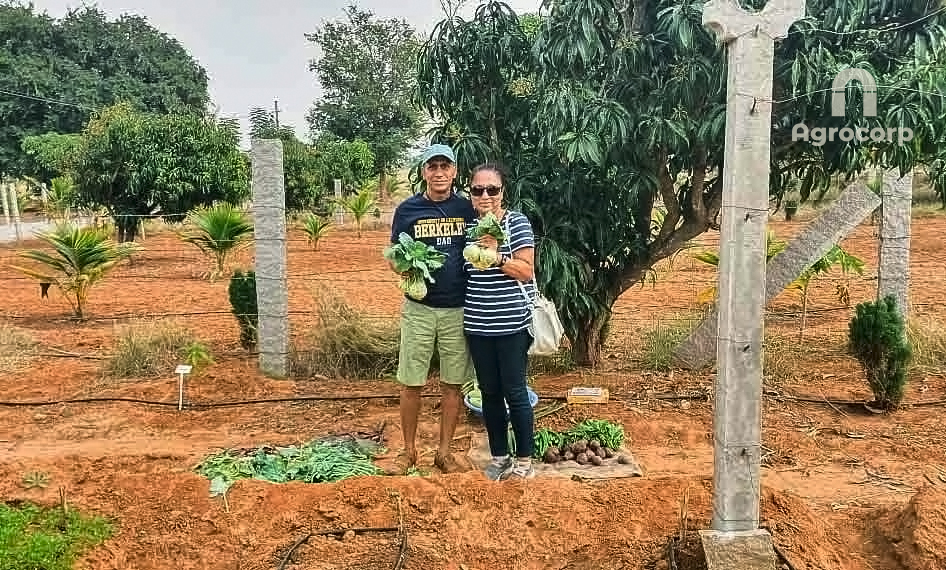
The first step in starting a hobby farm is to set clear goals and objectives. Determine what you want to achieve with your hobby farm and what kind of crops and livestock you want to produce. Consider your personal interests, resources, and budget when setting your goals.
When setting your goals, it's important to consider the market demand for the crops and livestock you want to produce. Research the local market to determine what products are in demand and what prices they fetch. This information can help you make informed decisions about what to produce and how much to produce.
Another important consideration when setting your goals is the amount of time and effort you are willing to commit to your hobby farm. Farming can be a time-consuming and physically demanding activity, so it's important to be realistic about how much time and energy you can devote to your farm.
Choosing the right land is crucial for a successful hobby farm. Look for land with fertile soil and good drainage. Determine the size of your farm based on your goals and resources. Consider the availability of water and access to markets when choosing your land.
When choosing your land, it's essential to consider your area's climate and growing conditions. Different crops and livestock thrive in different environments, so choosing land that is suitable for the products you want to produce is crucial.
It's also important to consider the history of the land you are considering. If the land has been previously used for farming, there is a possibility that it has been subjected to chemicals or pesticides, which can have an impact on your crops and livestock. Consider having the soil tested to ensure that it is safe for farming.
Starting a hobby farm requires some financial investment. Assess your resources and budget to determine what you can afford to spend on your farm.
Start small and focus on a few crops and livestock in the beginning. As your farm grows, you can invest in additional resources and equipment.
When evaluating your budget, consider both the initial investment and ongoing expenditures for running your farm. You will need to budget for feed, equipment maintenance, and other expenses that will arise over time.
When assessing your resources, you should also evaluate your own abilities. If you are new to farming, you may need to invest in training or hire experienced staff to help you run your farm.
Once you have chosen your land and assessed your resources, it is time for the farm layout and design. Plan the location of your crops and livestock and the infrastructure necessary to cater for their needs.
Consider factors such as sunlight, drainage, and accessibility when designing your farm. When designing your farm, it's important to consider not just the needs of your crops and livestock but also your own needs as a farmer. You will need to plan for storage and processing facilities and living quarters if you plan to live on your farm.
Consider the long-term sustainability of your farm when creating your layout and design. Plan for crop rotation and soil conservation to ensure your land remains productive for years.
Choosing suitable crops for your farm depends on your goals, resources, and growing zone. Consider crops that are easy to grow in your climate and have a high yield. Develop a crop rotation plan to maximise your productivity.
Livestock can be a valuable addition to your hobby farm. Consider the type of animals best suited for your farm based on your climate and resources. Start with a few animals and expand as your farm grows. Develop a feeding and care plan to ensure the health and well-being of your livestock.
Crop rotation and companion planting can help improve soil health and productivity. These techniques involve rotating crops and planting complementary plants simultaneously to maximise yields and reduce pest and disease pressure.
Fencing and security are essential to protect your crops and livestock from predators and theft. Install fencing around your property and security gates.
Irrigation systems are necessary to ensure your crops receive adequate water. Install an irrigation system that suits the size of your farm and the needs of your crops.
Storage and workspaces are necessary for managing your crops and livestock. Install storage areas for your tools and equipment and a place for processing and packaging your crops.
Livestock requires proper housing to ensure their health and safety. Build housing for your animals that suit their needs and provide adequate space, shelter, and ventilation.
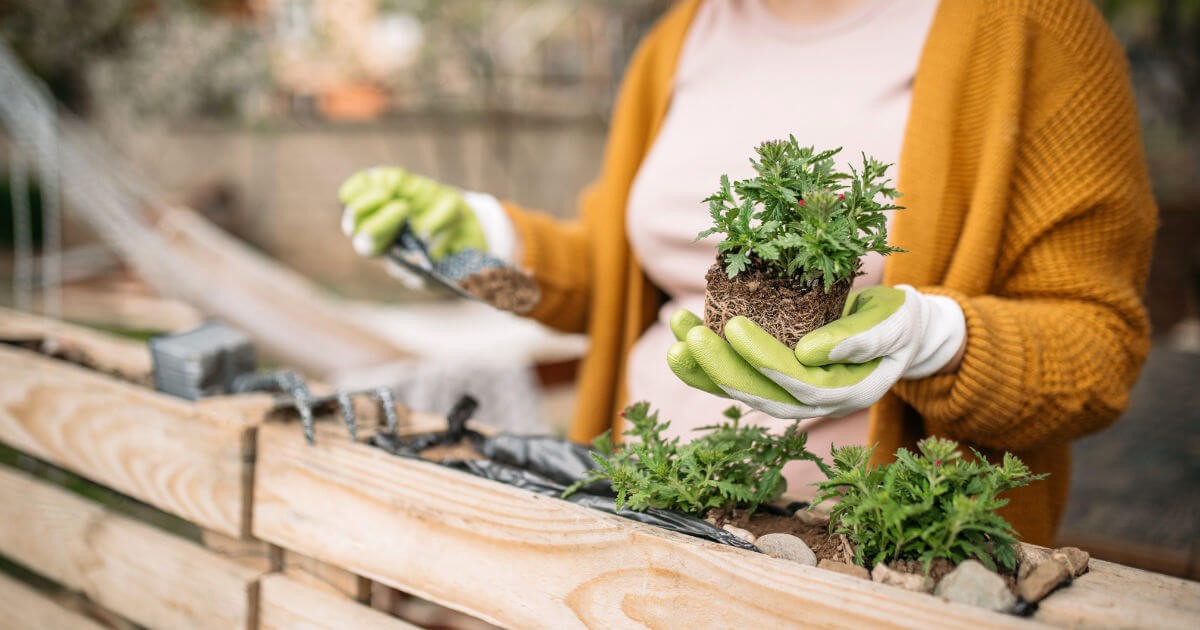
Farm life engages us more with a healthy lifestyle as we indulge in various physical activities that ultimately improve our health.
Cater us to eat fresh and clean greens from farm to table without being contaminated by other sources.
We can reconnect to our roots, backed up by centuries of organic heritage in the growing healthy greens.
Organic greens promote a green legacy for future generations to see and indulge in the grandeur of nature.
It aids in preserving nature as we grow greens, trees, and plants and give back to mother earth.
Builds a sustainable agriculture model as all pesticides and other chemical products are avoided, and green farming models are adopted and given more importance over chemicals.
GMOs can be eliminated in time as improved organic seed varieties can be grown at home and distributed.
It provides a therapeutic value, as it helps reduce stress and is an ideal escape from the rigorous work life as we connect with nature and submerge into Mother Earth.
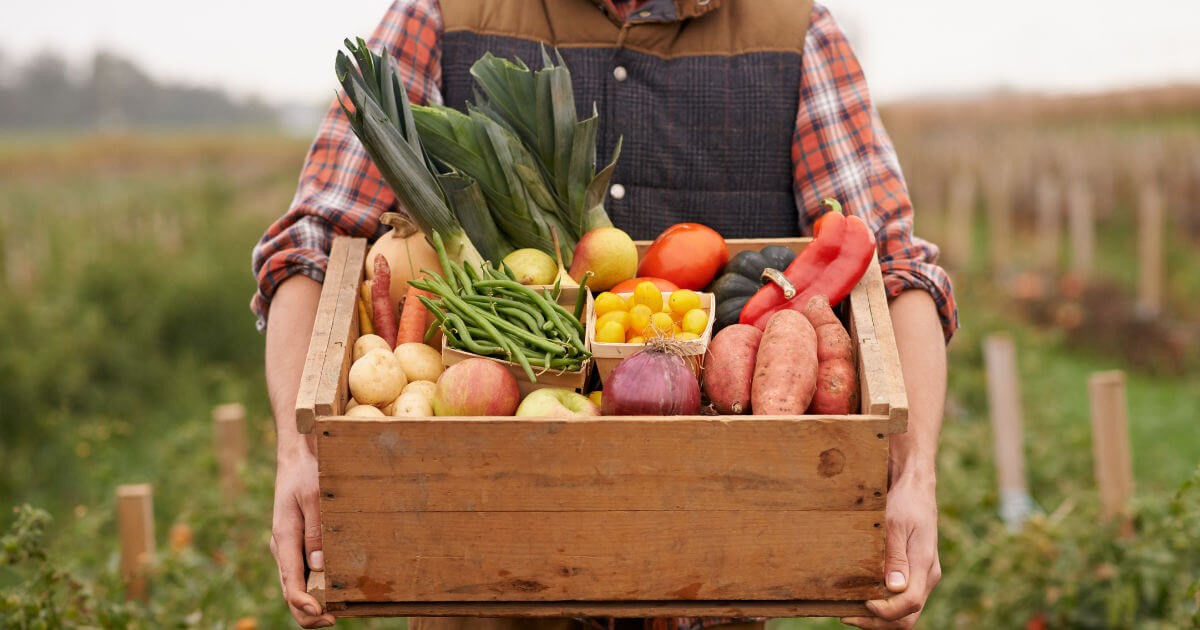
As a side hustle, the excess farm products such as vegetables, fruits, greens, dairy, and other products can be sold to neighbours, small markets, and so on, not for profit, but as a way to engage with the community and give back to society to make a better and healthier community.
Allows families to collaborate on shared projects, boosting collaboration and developing family relationships.
It can provide a sense of self-sufficiency and independence, the satisfaction of producing one's food and being less reliant on others.
A crucial aspect of a hobby farm is its size and scale. The prime factor is that unless it is well organised right from the beginning, there is a big chance of the farm becoming a liability as it becomes difficult to manage.
You must understand your needs and wants on your farm or have proper guidance from an expert in farm management overall. Rather than living in a makeshift disaster, you will be able to experience farm life.
Ensuring proper access to water and electricity in close vicinity is crucial for the sustainability of the farm and almost everything comprising it.
Though hobby farming, as its name suggests, is more of a hobby, it still needs to be taken seriously and treated with dedicated involvement and commitment. Nature has taken care of us; now it's our chance to do the same.
Profitable hobby farm ideas can vary depending on your location and market demand. Here are a few examples:
Growing high-value, niche crops like gourmet vegetables, herbs, or exotic fruits can yield a higher profit per unit.
There is a growing demand for organic fruits, vegetables, and herbs. Transitioning to organic farming methods can attract health-conscious consumers willing to pay a premium.
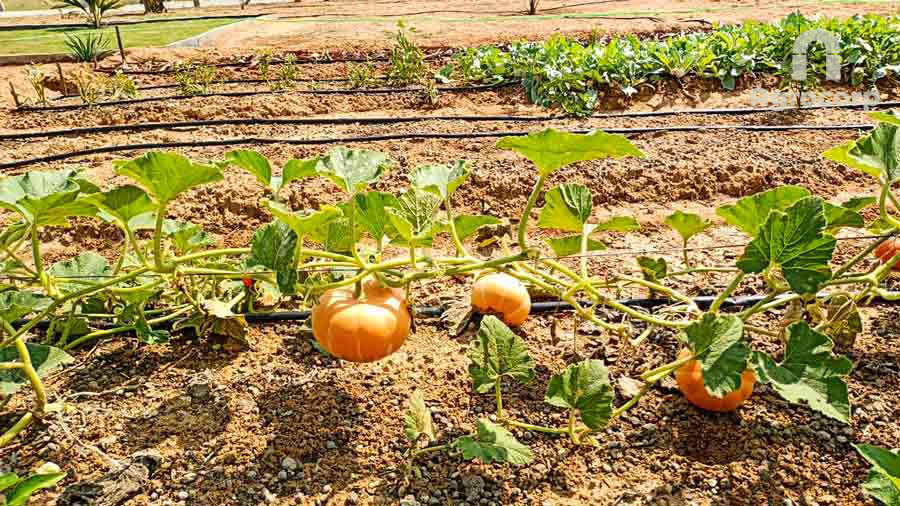
Raising heritage breed chickens, ducks, rabbits, or goats can provide meat, eggs, or dairy products that can be sold locally. Specialty products like free-range eggs or grass-fed meat can command higher prices.
Beekeeping and honey production can be profitable ventures. Bees also contribute to pollination, benefiting your crops and the local ecosystem.
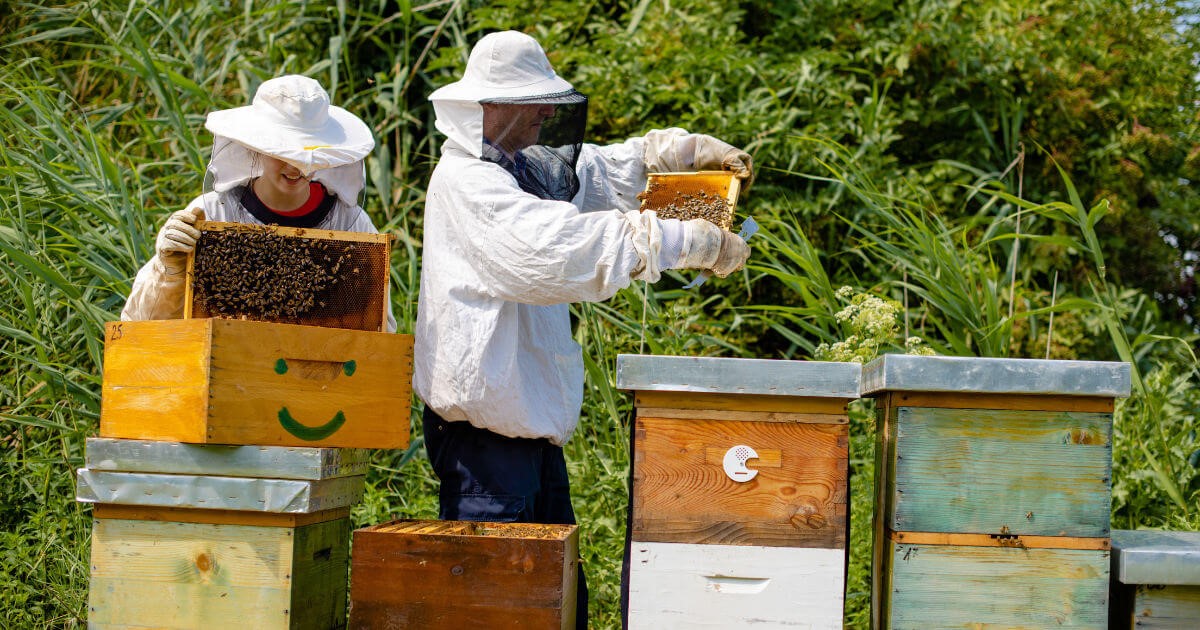
If your location permits, offering farm tours, workshops, farm stays, or hosting events like pumpkin patches or Christmas tree farms can generate additional income.
Remember, profitability can depend on factors such as local market demand, production costs, and your ability to market and sell your farm products effectively.
Conduct thorough market research and feasibility studies to determine the viability and potentiality of your chosen profitable hobby farm ideas.
Hobby farming is a fulfilling and sustainable way to reconnect with nature and promote a healthier lifestyle.
The joy of hobby farming extends beyond the harvest, as it creates opportunities for learning, personal growth, and a deep appreciation for the rhythms of the natural world.
With dedication and the right choices, hobby farming can be a truly rewarding endeavour for individuals and families alike.
Do you wish to choose an organic lifestyle over busy schedules and technological surges? Are you willing to give back to mother earth?
Then it's time you invest in farm communities with premium amenities. To habituate with hobby farming and indulge with nature promoting the farm life.
We at Agrocorp have been establishing well-managed farm communities like Aspya Farms, Amari Farms, The Palm Reserve and more for you to habituate with Hobby Farming seamlessly.
So, take the first step towards your hobby farm and enjoy its numerous benefits to live an eco-friendly life and to make life worthwhile. Join us on our journey and be a part of reimagining real estate.
To know more about our managed farm communities and the premium services we offer, make sure you visit us at www.agrocorp.co.in.
Cherish Life; Go Green!


© Agrocorp Landbase Pvt. Ltd, All Right Reserved.